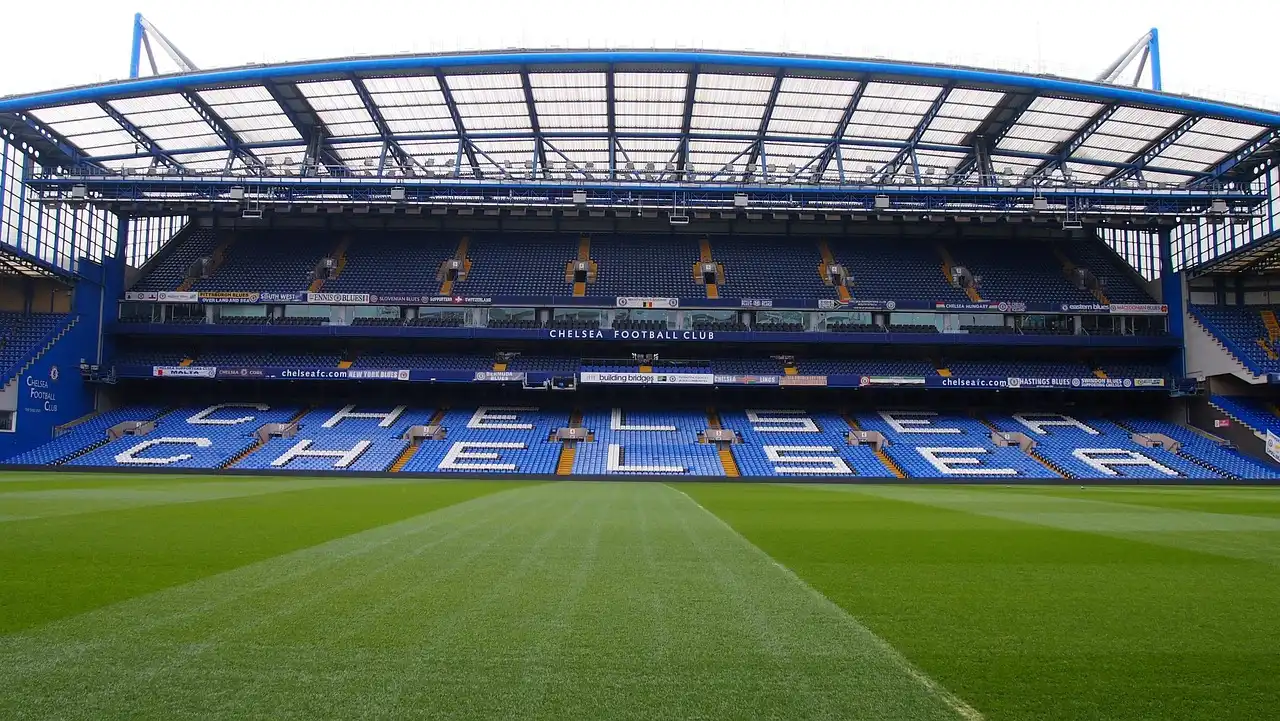Chelsea's Savvy Play: How Winning the Club World Cup Helped Clear the Books
Muhe - Friday, 15 August 2025 | 10:00 AM (WIB)


More Than Just Bragging Rights: The Prize Money's Quiet Purpose
For many clubs, a 4 million pound bonus is a substantial sum, often earmarked for future investments, a new academy project, or even a modest transfer budget boost. For Chelsea, a club that operates on a completely different financial galaxy, 4 million pounds might seem like a drop in the ocean compared to their usual transfer dealings. However, it's not about the sheer size of the sum, but *how* it's being used. It’s a testament to a shift in financial strategy, a quiet but impactful decision to clean up the ledger, rather than just chasing the next shiny object. Instead of adding to the expenditure column, this money is actively reducing the liabilities, a subtle yet powerful move that shows a commitment to financial hygiene.Unpacking the Puzzles: Jota and Andrey Santos
So, where's this money going, you ask? Well, it’s being smartly allocated to clear outstanding transfer payments for two Brazilian players, Jota and Andrey Santos. These aren't the household names often discussed in transfer rumor mills, which makes the story even more intriguing. It's a peek behind the curtain at the often-complex, long-winded nature of international football transfers, where payments are frequently structured in installments, and agent commissions can linger like a forgotten email in your inbox.The Curious Case of Jota
First up, we have Jota. For those scratching their heads trying to remember a Jota playing for Chelsea's senior team, you're not alone. This Jota, likely a younger player whose transfer might have flown under the radar, represents a classic example of how even minor deals can leave lingering financial obligations. Approximately 1.5 million pounds from that Club World Cup bounty is heading to Brazilian club Cruzeiro. This payment is to finally settle Jota's transfer, a deal that might have been completed years ago but still had outstanding balances. It's a bit like finally paying off that credit card bill you've been carrying for ages – a massive relief, even if it's not the most glamorous use of a bonus.Andrey Santos: A More Recent Saga
Then there’s the more prominent figure of Andrey Santos, a player who has already made waves and returned to Stamford Bridge after a loan spell. His transfer from Vasco da Gama was a significant one, and apparently, it came with its own set of financial complexities. Around 3.5 million euros is being wired to Vasco da Gama to cover unpaid installments and, crucially, agent commissions. This is where things get really interesting. Agent commissions are a huge part of modern football, and ensuring they are settled promptly not only keeps relationships healthy but also avoids potential disputes down the line. It highlights the intricate web of payments and stakeholders involved in bringing a talent like Santos across continents.Why This Matters: A Savvy Strategic Move
This decision to use a major prize fund to clear old debts isn't just about tidying up the books; it's a strategic masterstroke. In the cutthroat world of football finance, reputation is everything. Clearing these long-standing obligations demonstrates financial responsibility and integrity. It strengthens relationships with selling clubs like Cruzeiro and Vasco da Gama, potentially smoothing the path for future transfer dealings. No club wants to be seen as unreliable with payments, especially in an industry where word travels fast. Imagine trying to negotiate for another promising Brazilian talent if you've got a reputation for being slow payers! Moreover, in an era of increasing scrutiny under Financial Fair Play (FFP) rules, ensuring every penny is accounted for and every debt cleared is paramount. It gives the club a cleaner balance sheet, more headroom for future investments, and prevents any awkward questions from governing bodies.Beyond the Headlines: The Unsung Heroes of Financial Prudence
While fans often clamor for big-money signings and dazzling performances on the pitch, the unsung heroes of a football club's success are often found in the finance department. Their meticulous work ensures the club remains healthy off the pitch, allowing the magic to happen on it. This move by Chelsea, using a hard-earned bonus to settle commitments, is a refreshing change from the usual narrative of prize money being immediately reinvested into yet another blockbuster transfer. It shows a mature approach, prioritizing stability and long-term health over immediate gratification. It's about dotting the i's and crossing the t's, making sure there are no loose ends that could cause headaches later. In a world where financial stability is becoming increasingly vital for sustained success, Chelsea’s decision to use their Club World Cup bonus to clear old debts is a quietly brilliant play, setting a strong foundation for whatever big moves they plan next.
Liverpool vs Arsenal Prediction: Week 3 of the 2025/2026 Premier League
14 days ago

Rayo Vallecano vs. Barcelona Prediction: Week 3 of La Liga 2025/2026
14 days ago

Messi's Last Dance? The GOAT Hints at a Potential World Cup Farewell in 2026
15 days ago

Real Madrid vs Mallorca Prediction: Los Blancos Aim for Third Consecutive Win
15 days ago

West London Derby: Chelsea vs. Fulham Prediction, Week 3 Premier League Match
15 days ago

Manchester United vs Burnley Prediction: Tough Test at Old Trafford
15 days ago

The Roar of History: Why Almaty Ortalık Stadium Isn't Just a Venue, It's Kazakhstan's Heartbeat
15 days ago

Wayne Rooney’s Stark Warning: Can Manchester United Still Attract Elite Managers?
15 days ago

The End of the Road: Ole Gunnar Solskjaer's Turkish Adventure Concludes Abruptly at Besiktas
16 days ago

Argentina vs. Venezuela: Lionel Messi's Final Moments in Home?
16 days ago
